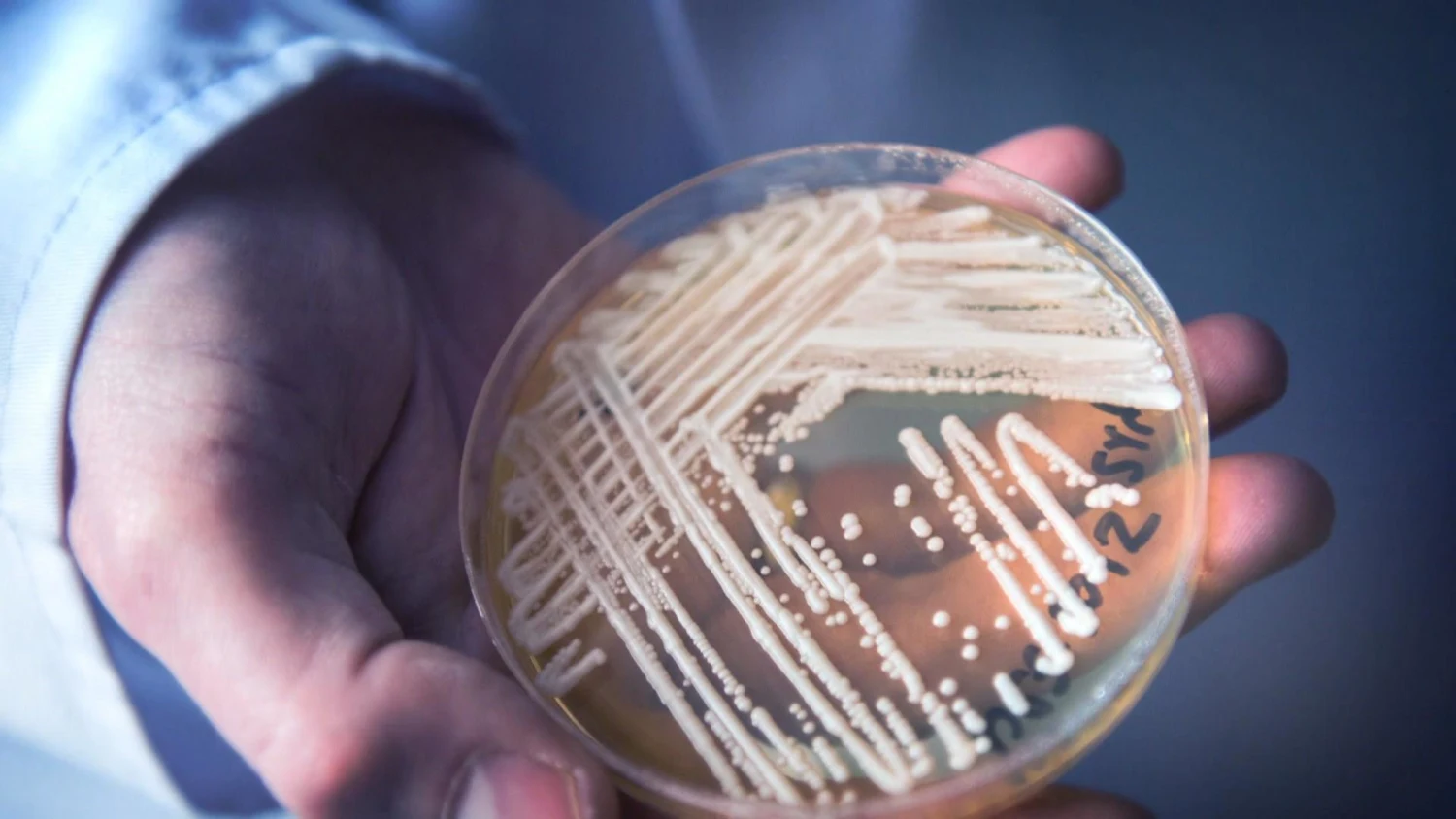Researchers at Harvard have come up with a groundbreaking antibiotic called cresomycin, aimed at tackling the growing threat of drug-resistant infections. These infections are responsible for approximately one million deaths globally every year.
Cresomycin has shown remarkable effectiveness against dangerous superbugs such as Staphylococcus aureus and Pseudomonas aeruginosa, which have developed resistance to traditional antibiotics.
Led by Professor Andrew Myers, the Harvard team published their findings in the prestigious journal Science. They highlighted how cresomycin targets bacterial ribosomes, essential for protein synthesis, in a way that traditional antibiotics cannot.
Unlike typical antibiotics, cresomycin is entirely synthetic and specially designed to outsmart bacterial defense mechanisms. By closely mimicking its ribosomal target, cresomycin achieves a stronger and more precise binding, making it more potent against resistant bacteria.
The development process, known as component-based synthesis, allows researchers to create and test numerous potential drug candidates rapidly.
While cresomycin’s safety and effectiveness in humans are still being studied, initial results are promising. They indicate significant improvements in inhibiting various pathogenic bacteria compared to existing antibiotics.
Professor Myers emphasized the critical role of antibiotics in modern medicine, enabling essential procedures like surgeries and cancer treatments. The research, supported by grants from Harvard’s Blavatnik Biomedical Accelerator and other sources, offers hope in the fight against drug-resistant infections.
Cresomycin’s innovative approach represents a significant step forward in antibiotic development, providing hope for better ways to combat superbugs and protect public health.















































